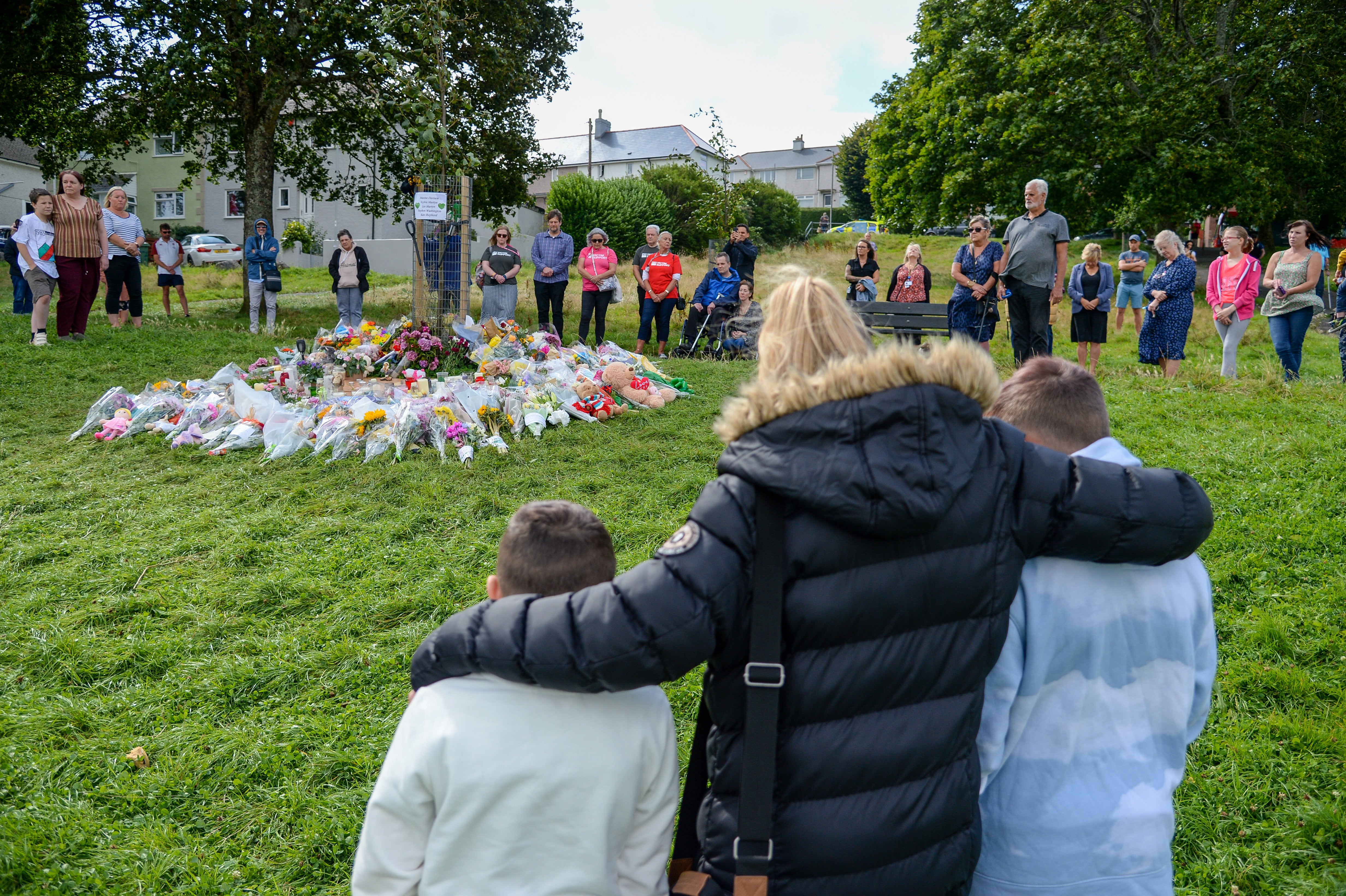Plymouth shootings were not terror attack, senior police officer says
Incel movement ‘not a terrorist ideology’ and attack was not committed to further cause, officer says
The Plymouth shootings were not a terror attack, a senior counter-terror police officer has said.
Gunman Jake Davison's interest in the incel movement online was probed by investigators after he went on a murderous spree that left five victims dead in August.
Speaking in London on Tuesday, the deputy senior national coordinator for Counter Terrorism Policing said they concluded that the shooting was not a terror attack.
“Incel in and of itself is not a terrorist ideology,” Assistant Chief Constable Tim Jaques told the Global Counter Terror Summit.
“You become a terrorist when you cross a threshold in terms of your actions and it’s about what you do or intend to do to further that cause.
“The attack in Plymouth wasn’t driven by an ideology, albeit that individual was engaged in some kind of incel thinking. That doesn’t make him a terrorist.”
Mr Jaques told journalists that he understood how the shooting had “looked like a terrorist attack”, because of the indiscriminate nature of the victims.
Davison, 22, shot his 51-year-old mother Maxine Davison, also known as Maxine Chapman, at a house in Biddick Drive before he went into the street and murdered Sophie Martyn, three, and her father, Lee Martyn, 43.
In the 12-minute attack, Davison then killed Stephen Washington, 59, in a nearby park before shooting 66-year-old Kate Shepherd, who later died at Derriford Hospital. He then killed himself.
Devon and Cornwall Police initially said the killings were not a terrorist incident on 12 August, but then made a referral to the National Counter Terrorism Network.
Mr Jaques said a terrorist attack designation depended not just on whether someone held an ideology, but if the violence was to “further that cause”.

“Ultimately the investigation found it was not anything to do with ideology, it’s not planned, it’s not done with forethought,” he added.
The officer said Davison had not left a note or manifesto, which have been seen in mass shootings by extremists in other countries.
He said the incel movement was “on the radar” for British security services but was not considered a terrorist ideology.
Of the 31 terror plots foiled in Britain since March 2017, 18 were classified as Islamist, 11 extreme right-wing and two other.
British law defines terrorism as violence which is designed to influence the government or public, in order to advance a “political, religious, racial or ideological cause”.
Incel ideology has previously been linked to several massacres in the US, and Davison’s spree was the deadliest mass shooting in the UK for more than a decade.
His online activity suggests he self-identified as an incel at points, and both watched and made videos and posts on related issues.
He wrote hateful messages about his mother, while complaining about the state of his life, and also engaged with US gun culture and politics.
In what appeared to be Davison's final YouTube video before the shooting, he spoke of being “beaten down” and “defeated by life”.
Amid questions over how Davison was able to obtain a firearms licence, the government announced applicants will be subject of social media checks.
All police forces in England and Wales are reviewing their current firearm application processes, as well as assess whether they need to revisit any existing licences.
An investigation is already underway by the Independent Office for Police Conduct (IOPC) into Davison's possession of a shotgun and a firearms licence.
It will look at why Devon and Cornwall Police returned Davison's gun and permit to him in July, after it was removed following an allegation of assault in September 2020.
An inquest will be held in due course to establish the cause of the victims’ deaths, and wider circumstances of the shooting.





